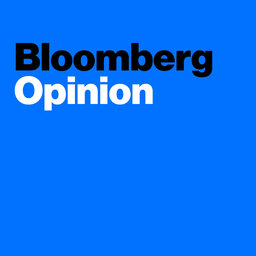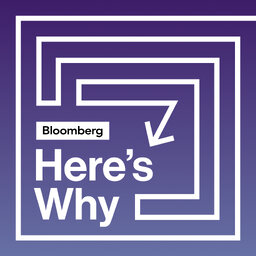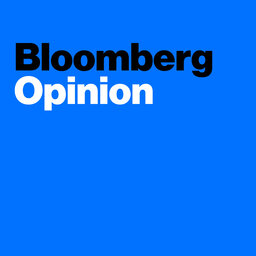The Price of Bank Runs and the Value of Twitter Blue
Bloomberg Opinion columnist Paul Davies says although JPMorgan's rescue of First Republic calmed markets for a brief moment, regulators should consider how the costs of such a move could ripple through the economy. Opinion's Lisa Jarvis joins to discuss the weight loss drug race. We also consider the implications for America's democracy if we do in fact see a Biden-Trump rematch with columnist Clive Crook. Bloomberg's Allison Schrager also joins to talk about the value of Twitter Blue, and whether it's been destroyed by Elon Musk. Amy Morris hosts.
 Bloomberg Opinion
Bloomberg Opinion


